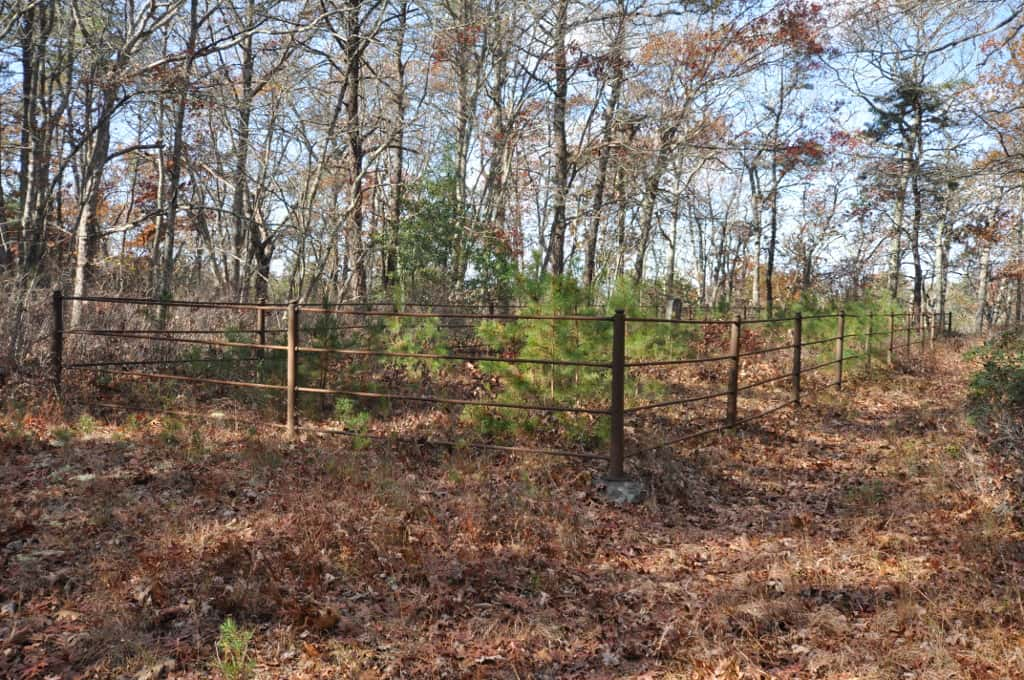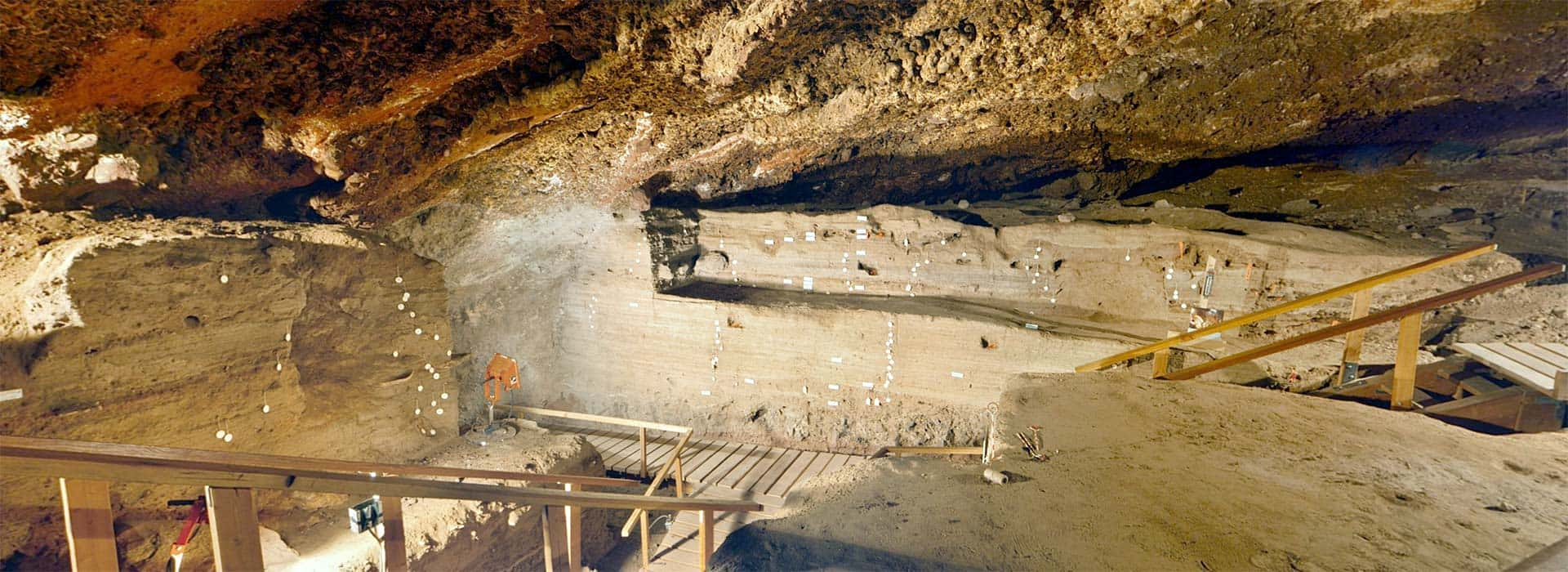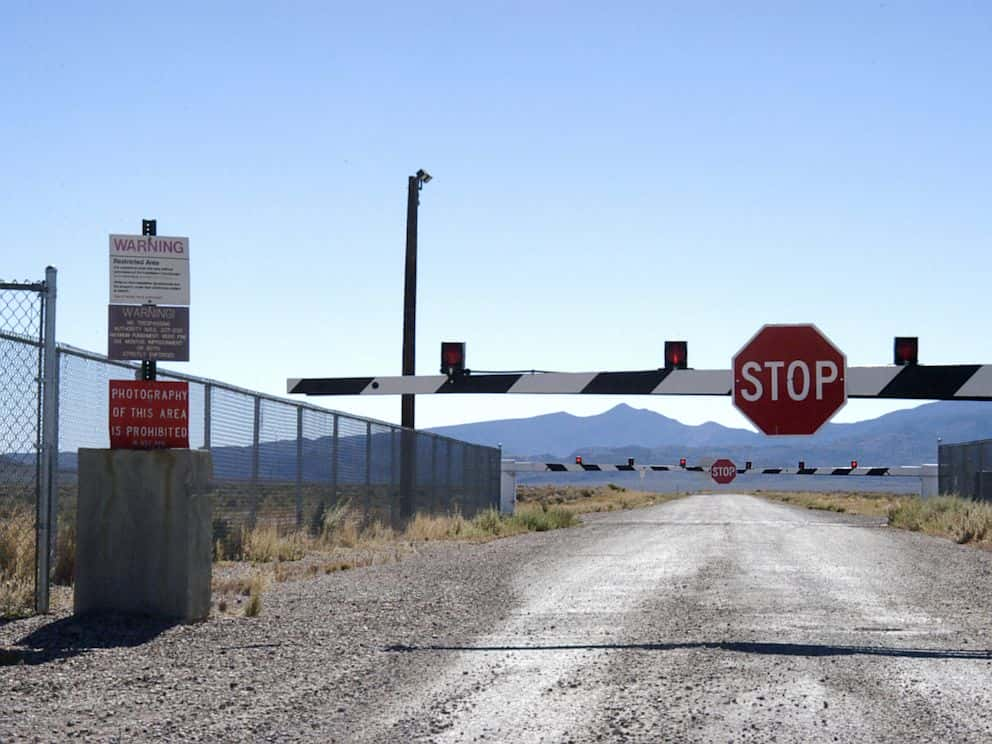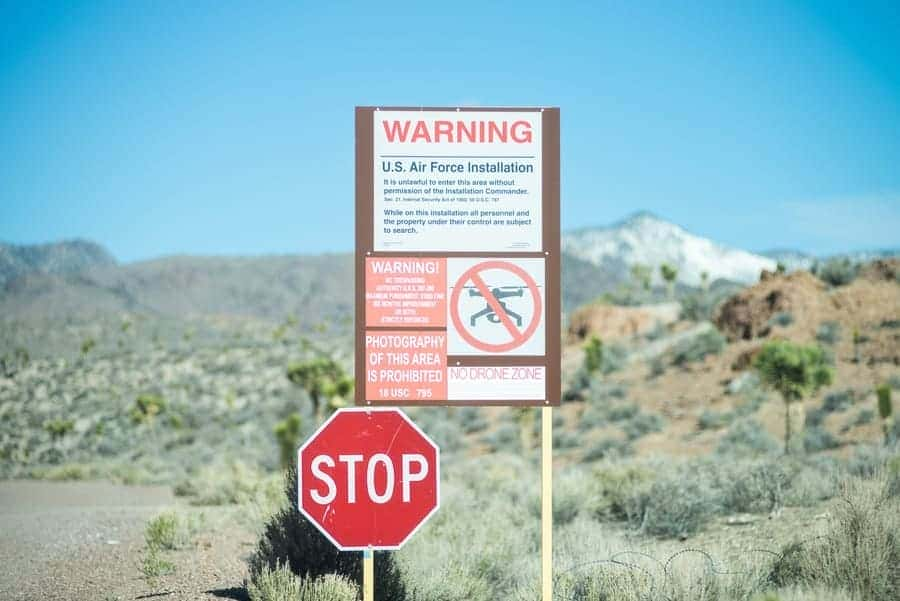In recent news, we shed light on three intriguing locations in the US that remain strictly off-limits to tourists. Despite their allure, these destinations have remained veiled in secrecy, leaving curious travelers yearning for access. The US government has imposed stringent restrictions to preserve the sanctity of these places and protect sensitive ecosystems.

Native American burial ground
The first of these enigmatic sites is an ancient Native American burial ground located deep within a national park. Revered for its historical and cultural significance, the site’s access is guarded by federal law to ensure its preservation for future generations. Visitors are prohibited from venturing into the area to prevent any disturbance to the resting place of these indigenous ancestors.

Hidden Cave
The second place that remains elusive to tourists is an awe-inspiring, hidden cave system, concealed in a vast wilderness reserve. The cave’s delicate ecosystem houses rare and endangered species, compelling authorities to maintain its isolation. With stalactites and stalagmites that took millennia to form, any human intervention could spell irreversible damage to this natural wonder.

Area 51
Lastly, a top-secret military facility nestled in the heart of the desert has piqued the interest of conspiracy theorists and adventure seekers alike. Known for its alleged extraterrestrial connections, this site has been the subject of numerous speculations, with many believing it to be the epicenter of government UFO research. Classified as a restricted area, trespassers risk severe consequences, underscoring the government’s determination to safeguard national security.
While these places in the US hold a magnetic allure for travelers, their inaccessibility contributes to their mystique. The US government continues to prioritize the protection of their historical, ecological, and security significance, ensuring that they remain hidden gems, accessible only to a select few with special permits and a profound respect for their preservation.
READ ALSO: Tourist Traps: 3 Unpopular Spots For American Travelers




